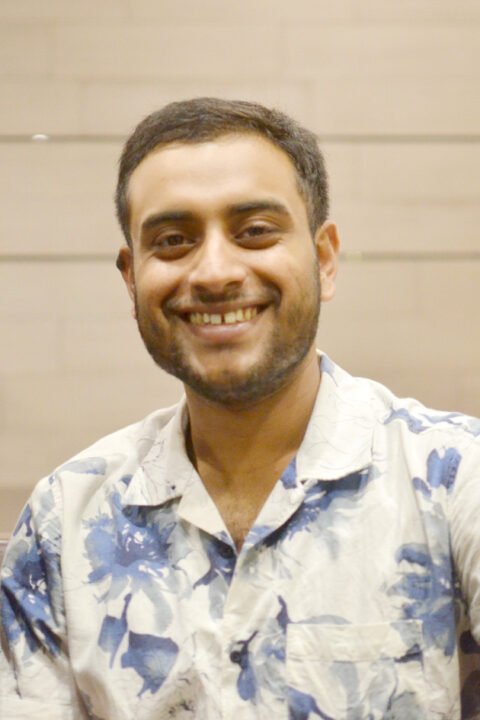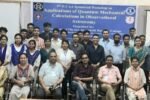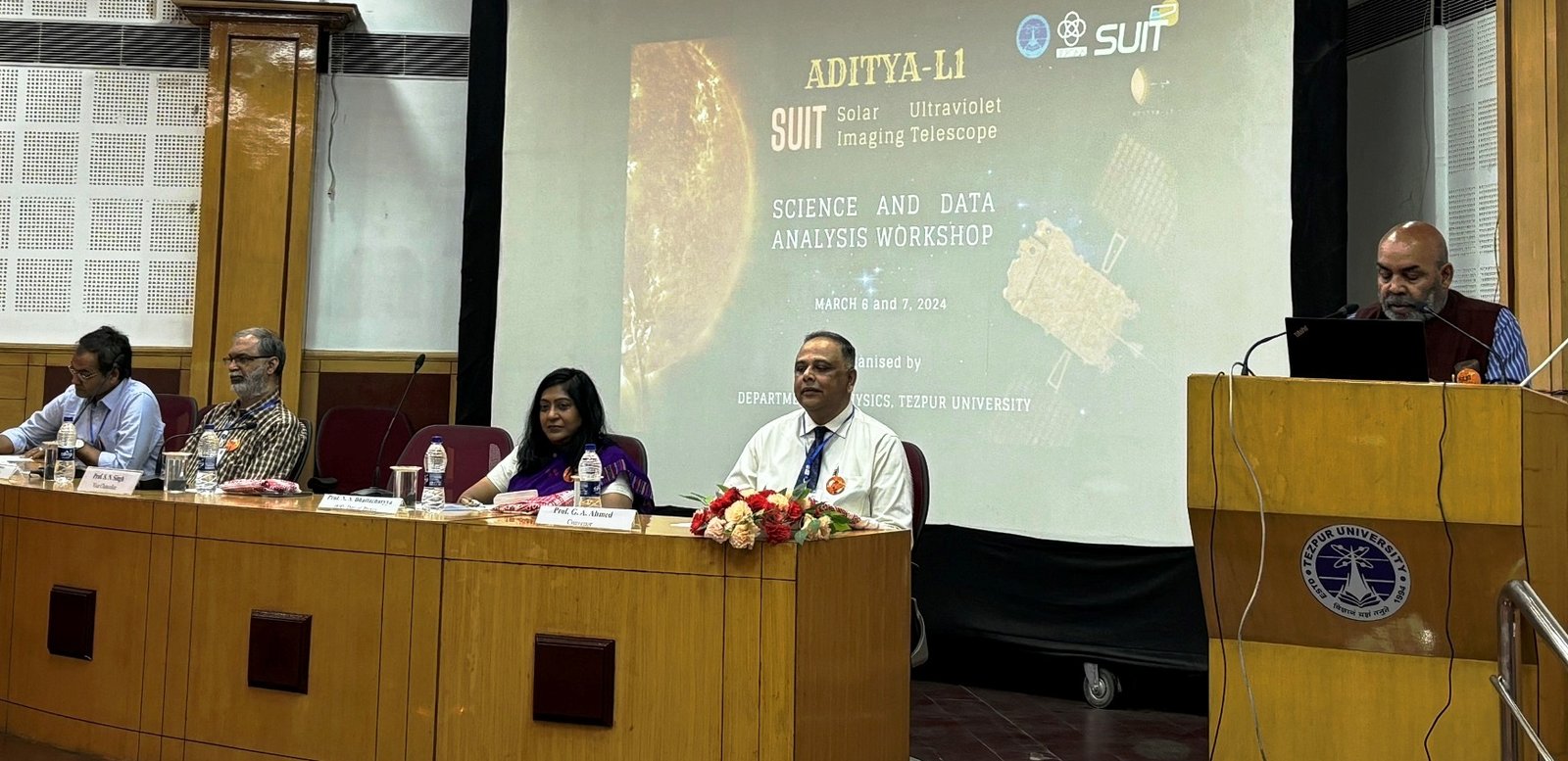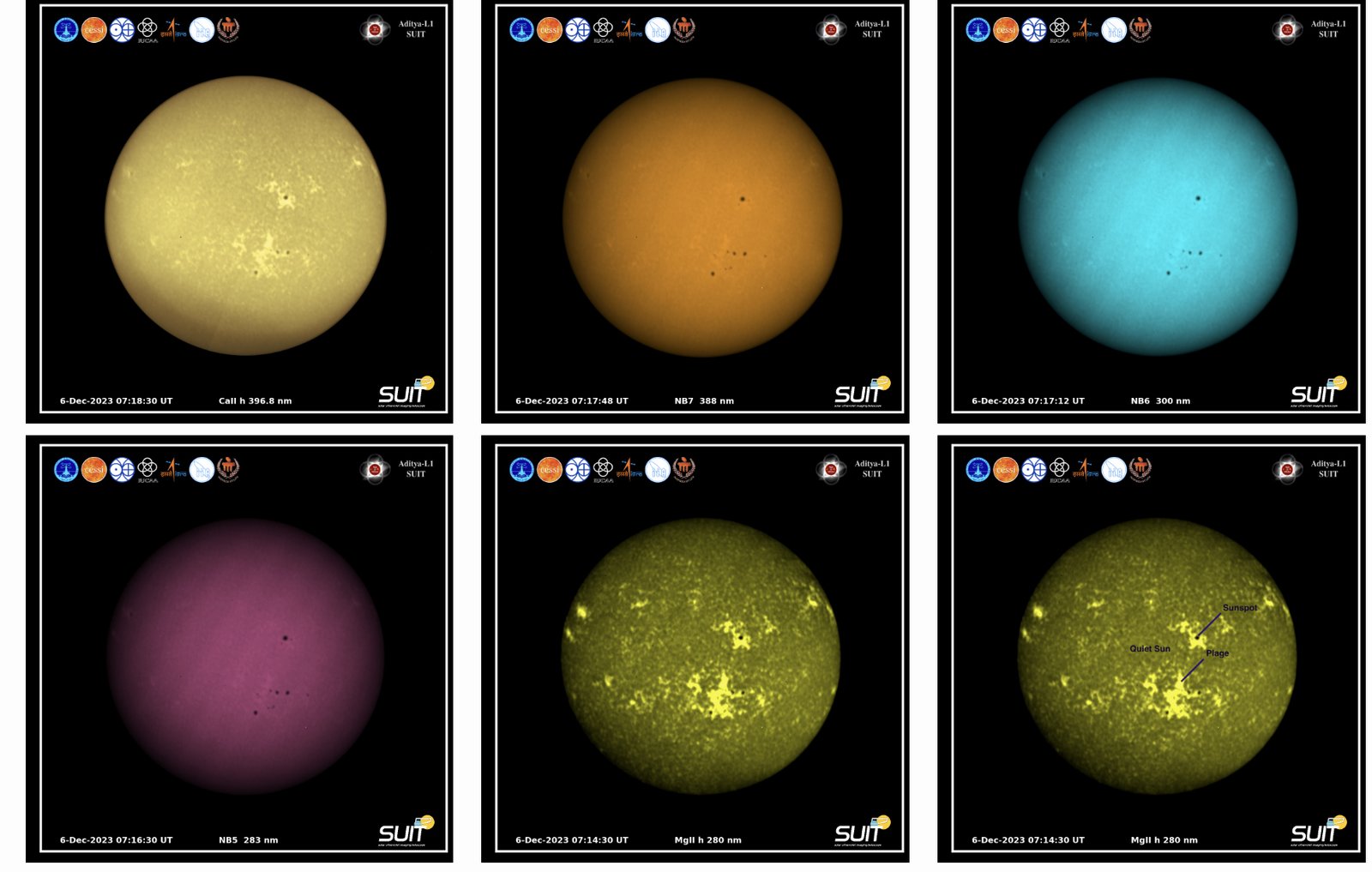HT Correspondent
TEZPUR, Aug 26: Following in the footsteps of Chayan Dutta, a Tezpur University alumnus who oversaw the launch control operations of Chandrayaan-3, another Tezpur University student is poised to play a pivotal role in the Indian Space Research Organisation’s (ISRO) ambitious Aditya L1 mission.
Janmejoy Sarkar, currently pursuing a PhD at the Department of Physics, Tezpur University, has been actively involved in ISRO’s Aditya L1 mission since 2021. As a Senior Research Fellow, Sarkar joined the Aditya L1 mission from the Inter-University Centre for Astronomy and Astrophysics (IUCAA) in Pune. Aditya L1 will be India’s first space-based mission dedicated to studying the Sun, focusing on various aspects such as the Sun’s corona, photosphere, chromosphere, solar emissions, solar winds, flares, and Coronal Mass Ejections (CMEs). The mission aims to conduct continuous imaging of the Sun.
Sarkar, who completed his MSc in Physics from Tezpur University in 2018, is actively involved in developing IUCAA’s Solar Ultraviolet Imaging Telescope (SUIT) payload for the Aditya-L1 mission. His responsibilities include optical and mechanical integration, instrument calibration, qualification, and payload testing. This project is an integral part of his PhD, supervised by prof Gazi Ahmed from the Department of Physics at TU, along with prof Durgesh Tripathi and prof AN Ramaprakash from IUCAA in Pune.
Expressing his enthusiasm, Sarkar said, “I have always been intrigued by Solar Physics and Astronomical Instrumentation, and Tezpur University has nurtured my passion. I am delighted to contribute to ISRO’s project.”
Prof Shambhu Nath Singh, Vice Chancellor of Tezpur University, expressed his satisfaction and noted that this achievement underscores the institution’s commitment to quality education and research.
“The success stories of individuals like Dutta and Sarkar, products of our quality education and research, are inspiring and motivating. They serve as a testament to our commitment to excellence,” said prof Singh.
The Aditya-L1 mission is anticipated to be launched in September of this year.












